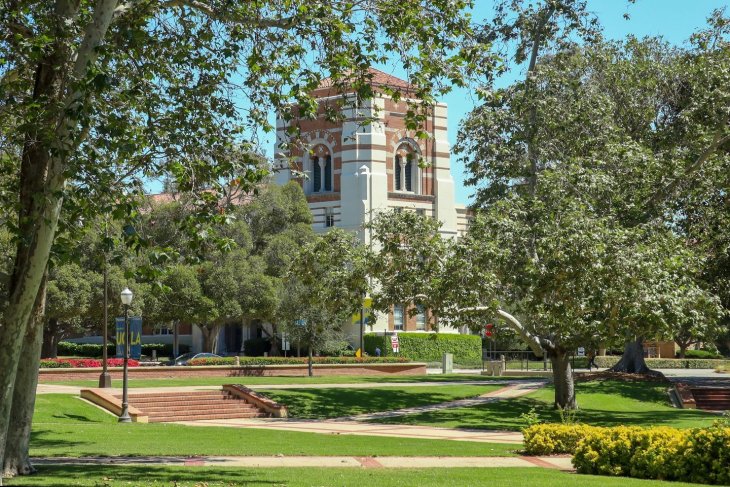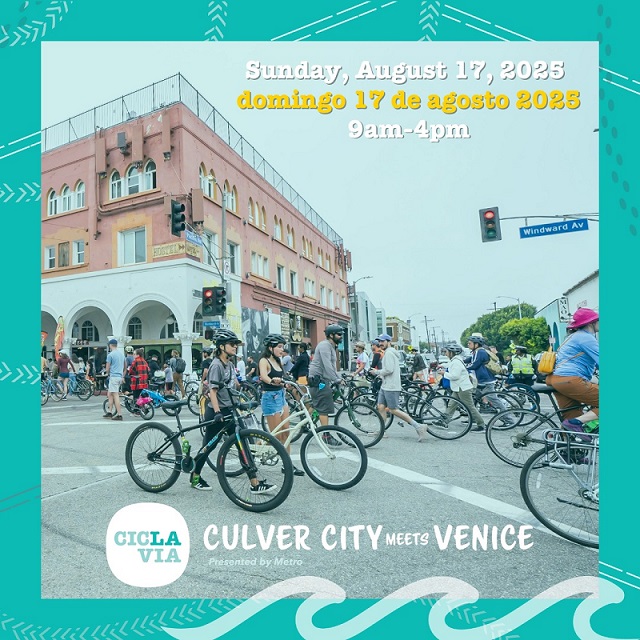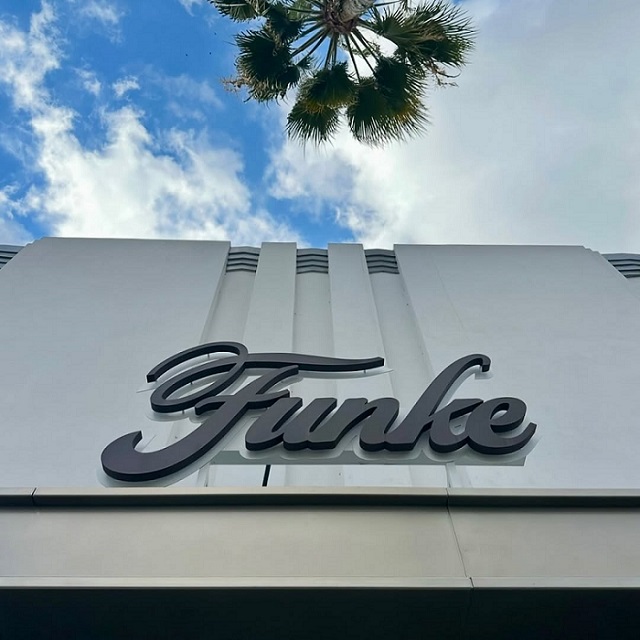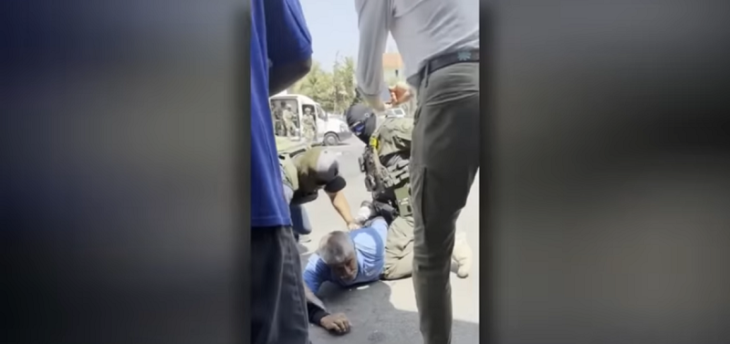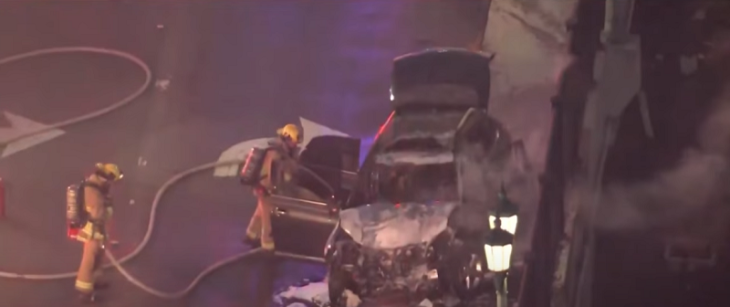By Tom Elias

When devastating wildfires whipped through both Northern and Southern California last fall, state requests for emergency declarations that would open federal purse strings to assist in paying for firefighting, cleanup and recovery were almost immediate.
But President Trump took almost a month to approve each request, far longer than for similar declarations after deadly hurricanes struck places like Texas and Florida.
It’s not supposed to be like that. It’s almost as if California were less American than Puerto Rico, a U.S. territory where Hurricane Maria earlier in the year did billions in damage. At least Trump went to Puerto Rico, even though he offended much of the populace by tossing rolls of paper towels to victims whose homes had been destroyed, acting as if paper would be a big help.
So California gets less presidential attention these days than Puerto Rico. Maybe that’s because Puerto Rico didn’t vote against The Donald by a 3.5 million vote margin, as California did.
But California still pays more taxes into the federal kitty than any other state. It still receives far less back in federal spending than it pays in. So it’s no wonder Californians feel entitled to plenty of federal help when disasters strike.
Contrast the Trump reaction – he said virtually nothing about the wildfires in California, but took post-hurricane helicopter tours over parts of Texas and Florida – with what happened after the significant California earthquakes of 1989 and 1994. In both those years – one with a Republican president and one with a Democrat in office – help arrived quickly. The Federal Emergency Management Agency set up offices in affected areas within less than two weeks, distributing recovery funds to both individual victims and local governments.
Trump’s performance may stem from his apparent obsession with 2016 election results. He won both Texas and Florida, but California provided all the votes needed to deprive him of a popular vote victory.
While President, Trump often visits his properties in Florida, New Jersey and elsewhere, but has yet to make an appearance at his golf club on California’s Palos Verdes Peninsula.
Maybe that’s because the attorneys general of those other states haven’t filed dozens of lawsuits trying to negate his executive orders, nor have their legislatures passed laws defying his stated priorities, as California’s did when it made the entire state a sanctuary for most illegal immigrants.
For sure, California hasn’t precisely endeared itself to Trump, who was here plenty during his years as a television celebrity.
Meanwhile, Trump has flown over California on his way to foreign stops in Asia. But his steady absence from America’s biggest population center contrasts sharply with every President since the advent of air travel.
Harry Truman flew to San Francisco less than three months after ascending to the presidency upon Franklin D. Roosevelt’s death in 1945. Dwight Eisenhower arrived here during his 13th month in the White House, getting in some golf in the Palm Springs area to which he later retired. John Kennedy was nominated for the nation’s highest office in the old Los Angeles Sports Arena and returned to Southern California often, for walks on the beach and reported trysts with Marilyn Monroe and others.
Lyndon Johnson spoke at the dedication of UC Irvine less than a year after becoming President, and Gerald Ford was often here, while Richard Nixon made San Clemente his home. Bill Clinton visited so often he might as well have been a resident, while even the often-confused George H.W. Bush came here several times, once declaring how happy he was to be in “North California.”
Ronald Reagan actually did live here, hosting many foreign dignitaries at his ranch in Santa Barbara County, Britain’s Queen Elizabeth among them. Both Jimmy Carter and Barack Obama made this state their fund-raising base.
But Trump ignores California whenever he can, even though he has described the state as “out of control.” By which he means, out of his control, at least to a large extent.
Trump’s absence doesn’t matter much except when he promotes policies that affect California in ways he doesn’t understand because he pays it so little heed, and in times of emergency when the federal aid California is sometimes entitled to can be crucial.


